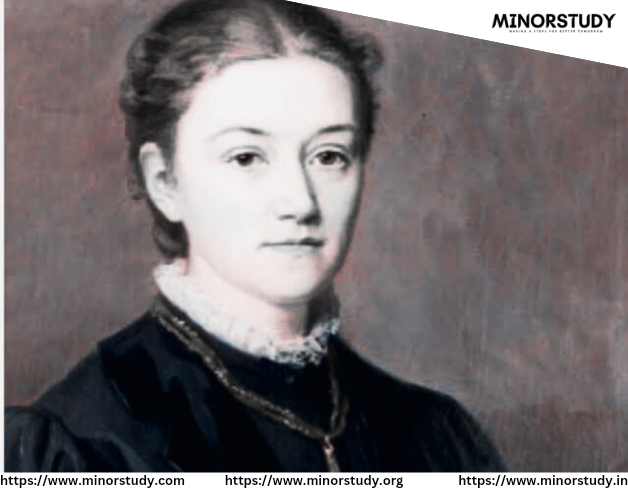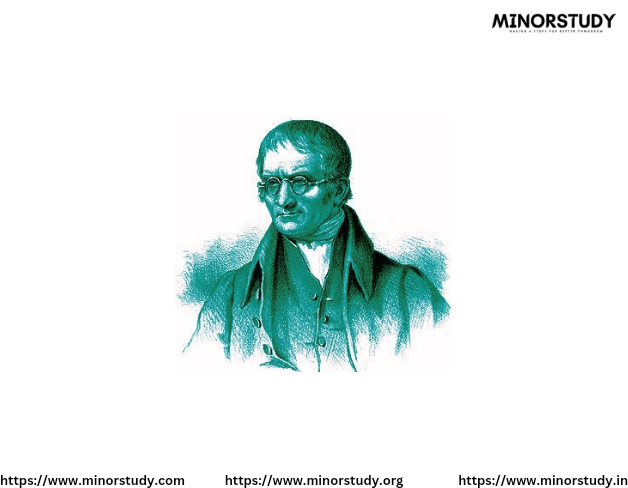Agnes Pockels
- Minorstudy Web blogs
- Dec 6, 2024
- 2 min read

Agnes Pockels (February 14, 1862 – November 21, 1935) was a pioneering German chemist who made significant contributions to the study of surface science, particularly in understanding surface tension and thin liquid films. Despite not having formal academic training, her work laid the foundation for modern surface chemistry.
Early Life:
Born: February 14, 1862, in Venice, Italy, to a German family. The family later moved to Brunswick, Germany.
Agnes grew up in a household where education was valued, but as a woman in 19th-century Germany, she was barred from attending university.
She cared for her ailing parents at home, but her curiosity and self-education in physics and chemistry enabled her to pursue scientific inquiry.
Career and Contributions:
1. Invention of the Pockels Trough:
Pockels developed a device known as the Pockels Trough in 1891, a simple apparatus to measure the surface tension of liquids.
The device allowed for precise control and study of liquid films, which became a key tool in surface chemistry.
2. Discovery in Surface Science:
Her observations on the behavior of thin liquid films led to foundational insights into:
Surface tension.
The influence of impurities on liquid surfaces.
The relationship between molecular structure and surface properties.
3. Collaboration with Lord Rayleigh:
Unable to publish in scientific journals herself due to her lack of formal affiliation, Pockels wrote to the British physicist Lord Rayleigh about her findings.
Impressed by her work, Rayleigh helped her publish her first paper, "On the Relative Contamination of the Water Surface by Organic Substances," in the prestigious journal Nature in 1891.
4. Recognition in Later Life:
Despite her informal scientific career, Pockels received widespread recognition in later years. In 1931, she was awarded the Laura Leonard Prize by the German Colloid Society for her contributions to colloid and surface chemistry.
Challenges:
As a woman in 19th-century Germany, Pockels faced significant barriers to academic study and career advancement.
Her achievements were the result of independent study, creativity, and determination, achieved without access to university laboratories or mentors.
Legacy:
1. Impact on Science:
Agnes Pockels is considered a pioneer in the field of surface chemistry, influencing later scientists like Irving Langmuir, who won a Nobel Prize for related work.
Her methods and discoveries remain a cornerstone of studies in surface tension and molecular behavior at interfaces.
2. Role Model for Women in Science:
Pockels’ story is an inspiration, demonstrating how determination and ingenuity can overcome societal barriers to scientific contribution.
Interesting Facts:
Pockels’ work was conducted in her kitchen using makeshift equipment, showcasing her resourcefulness.
Her contributions were largely unrecognized until later in life, as she never held a formal scientific position.
Quotes:
While few personal quotes survive, her persistence and achievements reflect the sentiment: “Curiosity and dedication are the true tools of discovery.”
Significance:
Agnes Pockels’ groundbreaking work in surface science not only advanced the field but also challenged the notion that formal education was the only path to scientific achievement. Her life’s work remains a testament to the power of independent research and intellectual curiosity.











Comments